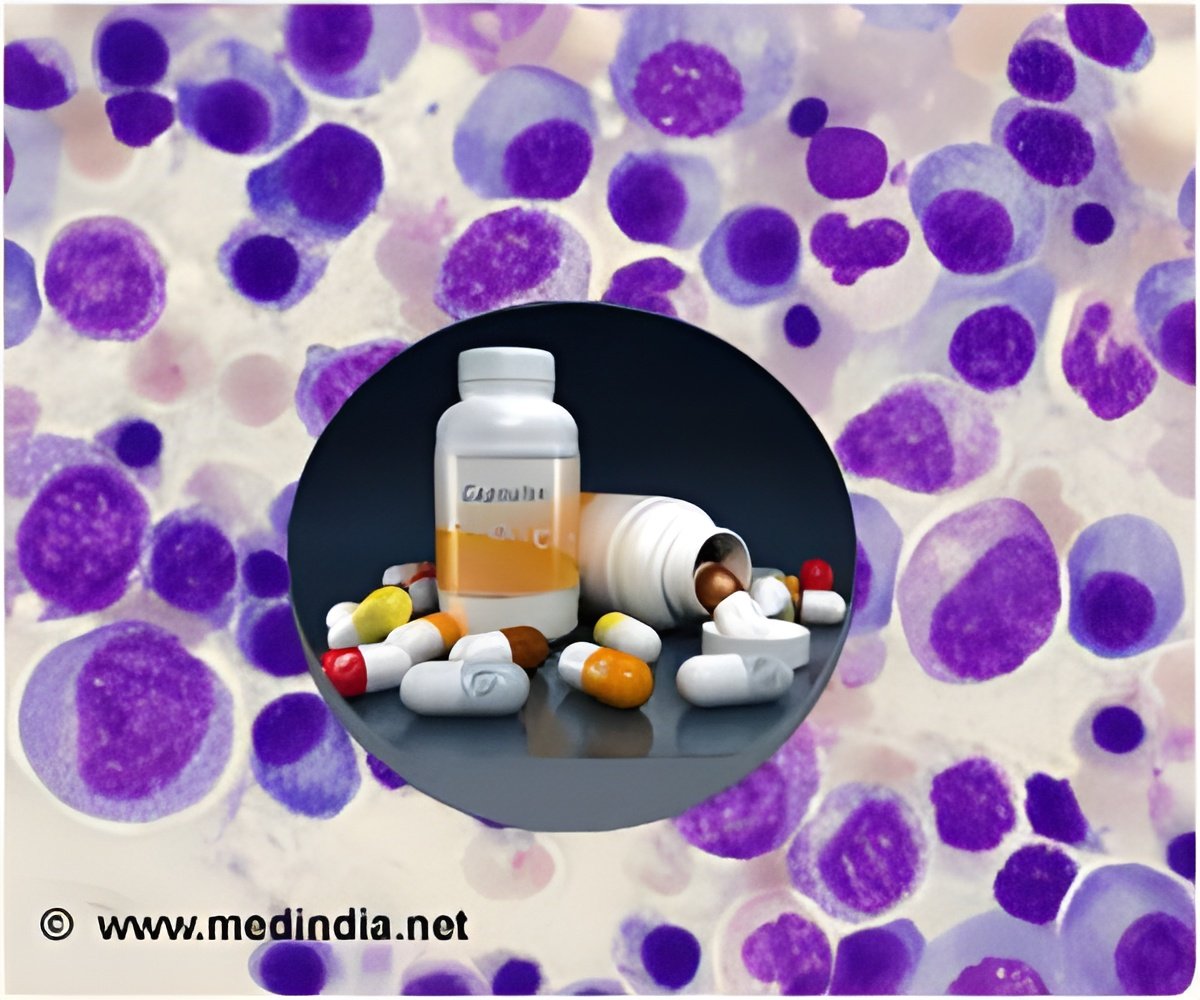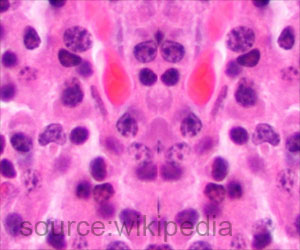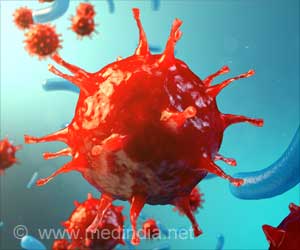In multiple myeloma, CD98hc and LAT1 proteins are affected and these proteins can be blocked by immunomodulatory drugs like anticalin.

‘Immunomodulatory drugs like lenalidomide and pomalidomide act by blocking cereblon from binding to HSP90. In multiple myeloma, CD98hc and LAT1 proteins are affected and these proteins can be blocked by immunomodulatory drugs like anticalin.’
Read More..




These drugs belong to a class called immunomodulatory drugs (IMiDs) that can influence the immune system.Read More..
The research led by Prof. Florian Bassermann and Vanesa Fernández of the university hospital Klinikum rechts der Isar of TUM is published in the journal Molecular Cell.
Membrane Proteins
Earlier studies have shown that IMiDs bind to a protein called cereblon that results in the malfunction of a protein complex on the surface of tumor cells, thus inhibiting tumor growth. In the new study, the researchers have now found the exact mechanism and the scope of this dysregulatiion.
They found that cereblon supports the protein HSP90 known as co-chaperone, which is responsible for the correct folding of thousands of proteins in human cells. They were also able to show that the support function of the co-chaperone cereblon is specific for membrane proteins and it helps the tumor cells to grow by communicating with neighboring cells and passing on growth signals and take in important nutrients.
Advertisement
Oncologist Florian Bassermann said, “Using proteome-wide analyses, we were able to show that a large number of essential proteins on the surface of cancer cells are destabilized by IMiD-treatment. This ultimately explains the unusually broad effects of these substances.”
Advertisement
First author of the study, Michael Heider said, “This literally starves out the cancer cells.”
Targeted Therapeutic Options
This discovery that the multiple myeloma cells can be targeted by the proteins CD98hc and LAT1 opens up new possibilities for innovative therapies in this currently incurable cancer. The researchers also tested a molecule aimed at CD98hc, known as an anticalin and the results showed that the molecule binds specifically to the cell surface protein CD98hc in both cell culture and mouse models and hence can be used for targeted therapy and diagnosis in the future.
Basserman said, “Early clinical studies to further evaluate the anticalin are already being planned.”
Source-Medindia









